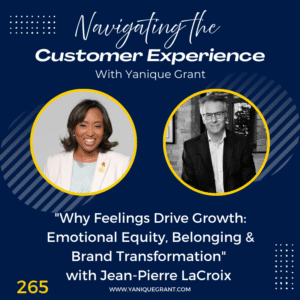Two main things contribute to self-confidence: self-efficacy and self-esteem.
We gain a sense of self-efficacy when we see ourselves (and other similar to ourselves) mastering skills and achieving goals that matter in those skill areas. This is the confidence that, if we learn and work hard in a particular area, we’ll succeed; and it’s this type of confidence that leads people to accept difficult challenges, and persist in the face of setbacks.
This overlaps with the idea of self-esteem, which is a more general sense that we can cope with what’s going on in our lives, and that we have a right to be happy. Partly, this comes from feeling that the people around us approve of us, which we may or may not be able to control. However it also comes from the sense that we are behaving virtuously, that we’re competent at what we do, and that we can compete successfully when we put our minds to it.
Self-esteem is built from three factors: unconditional worth, unconditional love and growth.
- Unconditional Worth
This means that one’s worth isn’t increased or diminished by external factors, but is based on our true value as a human being. This can be confusing to people who have learned they must achieve and acquire in order to be considered worthy.
Once we believe in our intrinsic worth, we are relieved of the need to judge ourselves and others, or compare and compete on external values and factors. We can choose to value our own innate capacities and see the many ways we contribute to the well-being of ourselves and others.
- Unconditional Love
Psychological health is not possible without love for the essential core. Even those who have not experienced unconditional love from parents can learn to provide love to themselves and others. Love helps us experience our worth, feel satisfaction, and enjoy growth and life.
- Growth
We feel better about ourselves when we are living constructively, learning, making decisions, developing and growing. Growing does not change our core worth, but it helps us experience it with greater satisfaction.

Self-esteem is a sense of satisfaction that comes from recognizing and appreciating our intrinsic worth; it encourages us to choose to love and grow. It’s not based upon comparing and competing. We can enhance and enjoy our sense of self worth through learning, growing, achievements and goals.
How confident do you seem to others?
Your level of self-confidence can show in many ways: your behaviour, your body language, how you speak, what you say, and so on. Look at the following comparisons of common confident behaviour with behaviour associated with low self-confidence.
| Confident Behaviour | Behaviour Associated with low Self-Confidence |
| Doing what you believe to be right, even if other mock or criticize you for it. | Governing your behaviour based on what other people think. |
| Being willing to take risks and going the extra mile to achieve better things. | Staying in your comfort zone, fearing failure, and so avoid taking risks. |
| Admitting your mistakes, and learning from them. | Working hard to cover up mistakes and hoping that you can fix the problem before anyone notices. |
| Waiting for other to congratulate you on your accomplishments. | Extolling your own virtues as often as possible to as many people as possible. |
| Accepting compliments graciously. “Thanks, I really worked hard on that project. I’m pleased you recognize my efforts.” | Dismissing compliments offhandedly. “Oh that project was nothing really, anyone could have done it.” |
Low self-confident can be self-destructive, and often manifests itself as negativity. Confident people are generally more positive – they believe in themselves and their abilities. When we look at what we can do instead of what’s wrong, we give ourselves a chance to succeed and grow from the experience. When we guard against distortions and negativity, our confidence grows instead of withers. Our minds start to acquire more positive thinking habits. We set ourselves up for success and build self-confidence.




